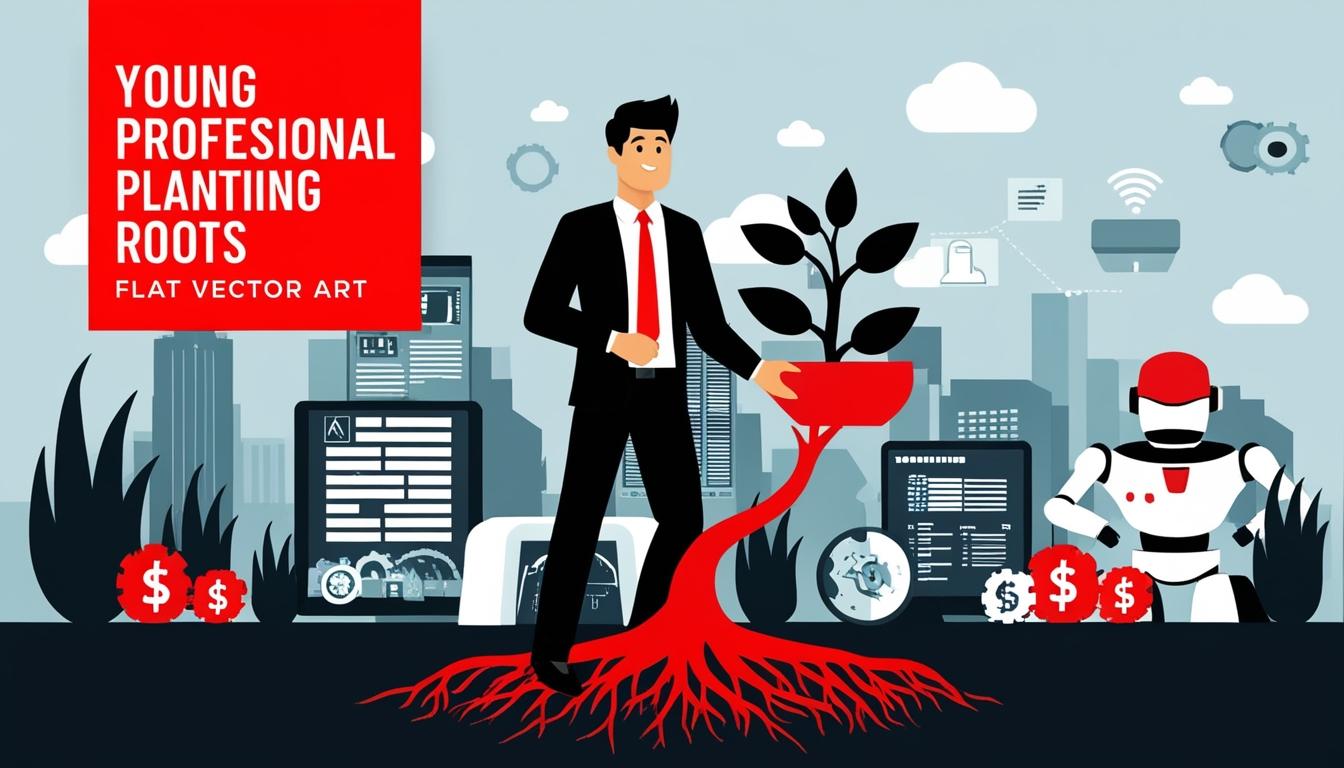The evolving landscape of the modern workplace has sparked a rethinking of employment preferences, particularly among younger generations entering the labour force. Recent discussions have centred on the impact of automation and the platform economy, as well as the changing values of younger employees, especially those under the age of 27. Findings reveal a notable shift in attitudes, with these workers expressing a desire for long-term employment stability over the short-term gains associated with traditional job-hopping.
According to research cited in The Guardian, younger workers are now seeking to establish themselves within a single company for an average tenure of seven years, effectively doubling the average length of employment as documented in official statistics. This inclination appears to draw inspiration from the career trajectories of previous generations, which were often characterised by loyalty to a single employer and the promise of substantial retirement benefits, including pensions and a sense of community within the workplace.
An integral factor contributing to this trend is the disillusionment with the modern "hustle" culture. Many young employees have found that incessantly pursuing marginal gains through job transitions has not yielded the promised fulfilment or improved work-life balance. Instead, these workers are met with reduced benefits and job security, leaving them to grapple with a job market that often treats individuals as disposable resources rather than valued contributors.
The younger generation’s unique skillset also plays a significant role in their employment aspirations. Individuals who have graduated in the last decade possess a familiarity with digital media and a capacity to navigate the complexities of disinformation and media narratives. This proficiency, however, tends to be recognised gradually as employees acclimatise to their roles, highlighting the value of stability and a supportive work environment where soft skills can surfacing over time.
This shift in priorities signifies a potential cultural transformation within the workforce, challenging the traditional capitalist paradigm that emphasises profit maximisation at the expense of employee welfare. Today’s employees increasingly favour workplace cultures that promote mental health, work-life balance, and meaningful interpersonal relationships over pursuing the highest salary alone. Rather than seeking amenities such as recreational facilities, they demand respect, purpose, and the flexibility to lead fulfilling lives.
However, this perspective raises critical questions about the existing employment framework. The juxtaposition of demands for loyalty and the historical lack of organisational reciprocity reveals a tension in the employment landscape. While companies may outwardly support the values espoused by younger workers, the underlying economic systems that encourage flexibility and precarity may similarly exploit these newfound employee loyalties.
This evolving sentiment presents a dual narrative—the newfound focus on long-term employment signals a potential departure from the pitfalls of hustle culture, yet it simultaneously underscores systemic deficiencies within the current economy. As younger generations redefine their expectations, the discourse on what constitutes a healthy workplace and economy will undoubtedly continue to develop, prompting organisations to examine their practices and the implications for their employees’ and wider community's well-being.
Source: Noah Wire Services
